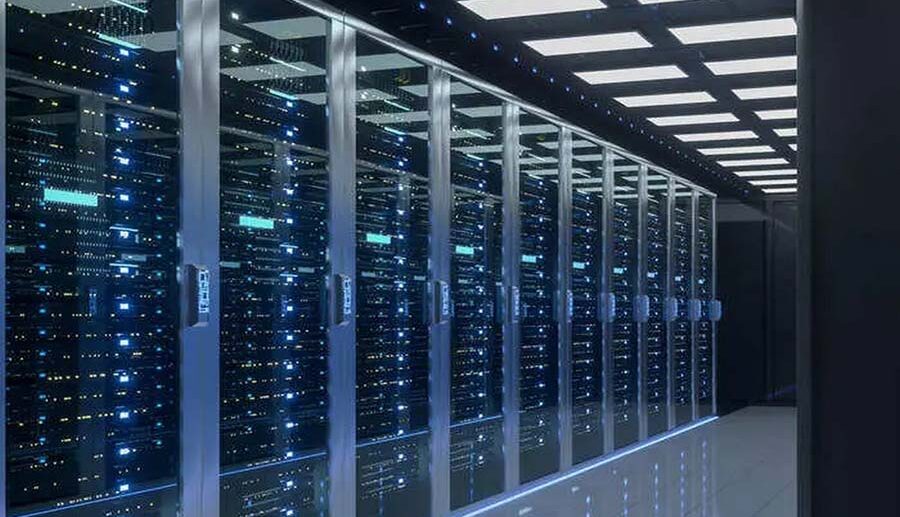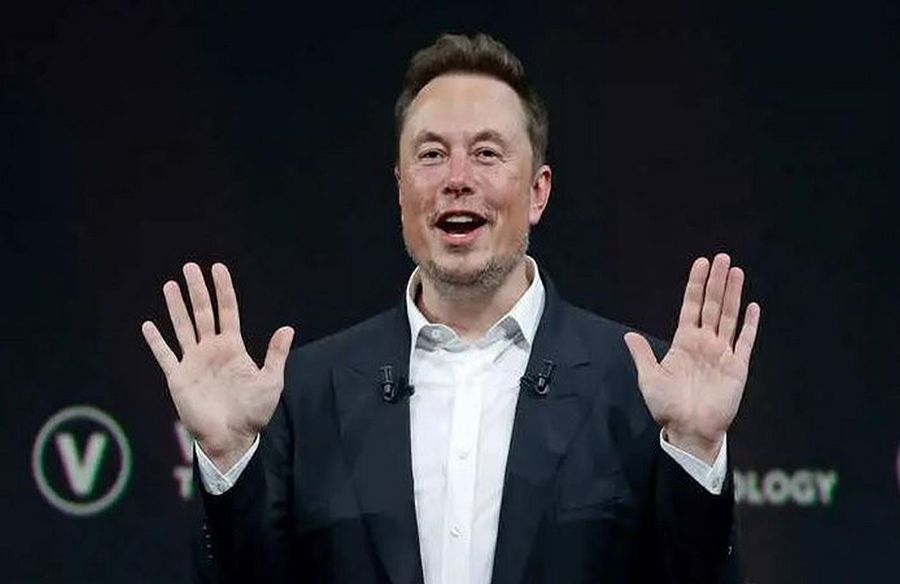AI Executives Turn to Fossil Fuels to Power Tech Revolution

Introduction
The rapid expansion of artificial intelligence (AI) technology has significantly increased the demand for electricity. Despite long-standing commitments to green energy, tech executives face a challenging dilemma due to the urgent need for reliable power sources.
Energy Needs of AI
The topic of energy consumption for AI was a focal point at the recent CERAWeek by S&P Global, an annual energy conference held in Houston. This event gathers thousands of executives to discuss energy-related issues, including the transition to cleaner energy sources.
The exact amount of electricity required to support the AI boom is still unknown. AI technologies demand vast amounts of computing power, leading to a surge in data center construction. At the conference, Microsoft co-founder Bill Gates highlighted the staggering power consumption of AI, noting that systems like ChatGPT use over 17,000 times more electricity daily than the average US household.
Challenges with Clean Energy
Tech executives are concerned that AI’s energy demands will outstrip the capabilities of renewable energy sources. Wind and solar power are dependent on weather conditions, making them less reliable. Nuclear power, although a cleaner option, takes years to establish, which is impractical for immediate needs.
Toby Rice, CEO of natural gas producer EQT, emphasized this point, stating that the tech industry cannot wait 7 to 10 years for new infrastructure to be built. He suggested that natural gas is the most feasible option to meet the urgent energy requirements of AI. At the conference, Rice frequently encountered questions about the speed and availability of natural gas supplies.
Conflict with Carbon Emission Goals
This reliance on fossil fuels poses a challenge to the Biden administration’s climate goals. Last April, President Biden set ambitious targets for the power sector to be carbon-neutral by 2035 and for the entire US economy to achieve net-zero emissions by 2050. Burning coal and natural gas, however, contributes significantly to carbon emissions, exacerbating the climate crisis.
Balancing Growth and Sustainability
Despite these challenges, some executives maintain that the growth of AI will not hinder the transition to clean energy. Robert Blue, CEO of Dominion Energy, reaffirmed the company’s commitment to achieving net-zero emissions by 2050. However, he acknowledged that the current surge in energy demand complicates this goal. To address the immediate need for power, Blue mentioned that Dominion Energy is constructing at least one new natural gas plant specifically to support the growing number of data centers.
Conclusion
The burgeoning AI industry is creating unprecedented demands for electricity, pushing tech executives to reconsider their energy strategies. While the long-term goal remains a transition to clean energy, the immediate necessity for reliable power is leading many to turn to fossil fuels. This situation highlights the complex balance between advancing technology and achieving sustainability targets.













